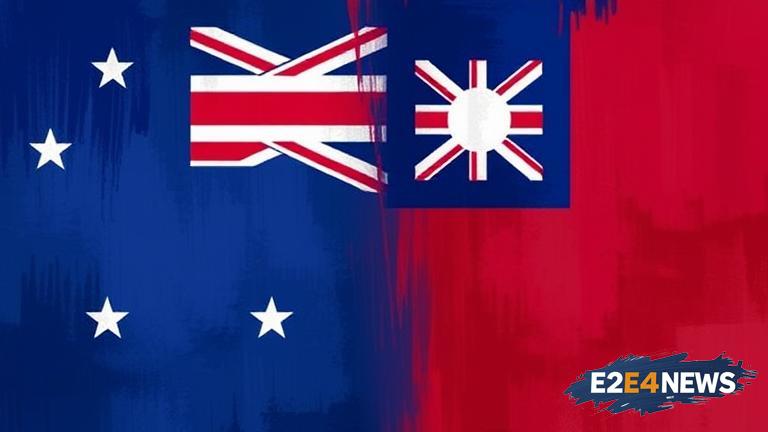The Australian government has declined a request from the United States to publicly declare its stance on a potential war over Taiwan. This decision comes as tensions between the US and China continue to escalate, with the US seeking to bolster its alliances in the Asia-Pacific region. Australia’s refusal to take a public stance on the issue is seen as an attempt to maintain a delicate balance in its diplomatic relationships with both China and the US. China claims Taiwan as its own territory, while the US has historically supported Taiwan’s independence. The US has been seeking to strengthen its alliances in the region, including with Australia, to counter China’s growing military presence. However, Australia is wary of taking a public stance on the issue, fearing it could damage its economic relationships with China. China is Australia’s largest trading partner, and the country is keen to maintain a stable relationship with its major export market. The Australian government has stated that it will continue to work with the US and other regional partners to promote stability and security in the Asia-Pacific region. However, it will not be drawn into making public declarations on sensitive issues such as Taiwan. The US has been critical of Australia’s decision, with some officials expressing disappointment that the country is not taking a stronger stance against China. Despite this, the Australian government remains committed to its alliance with the US, and the two countries will continue to work together on regional security issues. The situation highlights the complex geopolitical dynamics at play in the Asia-Pacific region, with countries seeking to balance their relationships with major powers such as the US and China. The potential for conflict over Taiwan remains a major concern, with the US and China engaging in a war of words over the issue. The Australian government’s decision to maintain a neutral stance on the issue is seen as a pragmatic move, given the country’s economic and strategic interests in the region. However, it also reflects the challenges faced by countries in the region as they seek to navigate the increasingly complex and contested geopolitical landscape. The US will likely continue to pressure Australia and other regional partners to take a stronger stance against China, but for now, the Australian government remains committed to its cautious approach. The situation will continue to be closely watched, with potential implications for regional stability and security. Australia’s decision may also have implications for its relationships with other countries in the region, including Japan and South Korea, which have also been seeking to balance their relationships with the US and China.
